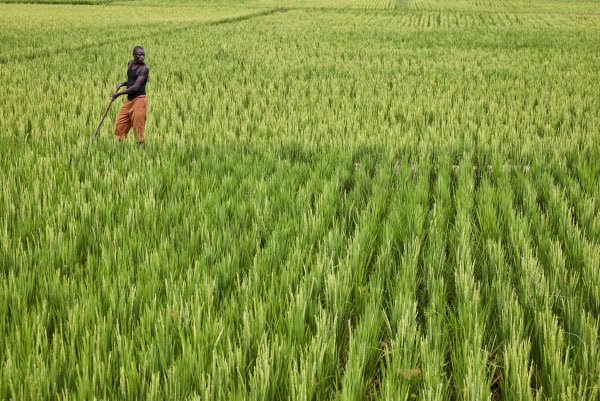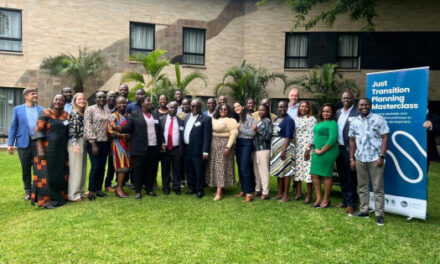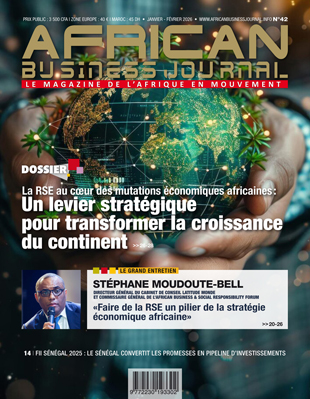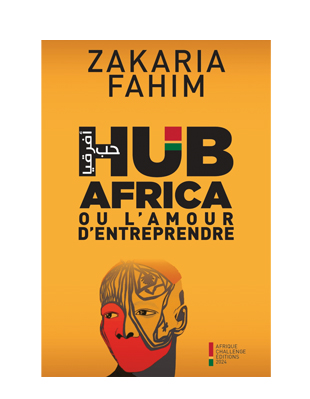The Board of Directors of the African Development Bank Group ( www.AfDB.org ) approved, on October 4, 2024 in Abidjan, financing of US$323.75 million to implement the Burundi-Rwanda Integrated Development Project (BRIDEP). This project aims to improve agricultural production, cross-border transport links and facilitate trade between the two neighboring East African countries.
For its implementation, the African Development Fund, the concessional window of the Bank Group, has granted two loans to Rwanda: the first for an amount of 148.86 million dollars from its own funds and the second for 13.32 billion Japanese yen from the Japan International Cooperation Agency. For Burundi, the Fund has made a grant of 48.94 million dollars, reinforced by another grant of 26.95 million dollars from the Transition Support Facility. The Burundi component will also benefit from cofinancing from the International Fund for Agricultural Development of approximately 50 million dollars.
The project adopts a multi-sectoral approach that aims to address supply-side challenges in regional integration and trade through the transformation of the agricultural sector to boost production and productivity, thereby enhancing the capacity for agricultural trade between the two countries. These interventions will be complemented by improvements in transport connectivity through the upgrading of a network of feeder and cross-border roads linking production areas to aggregation centres and markets. This road network plays a critical role in establishing links with the Central Corridor and the Northern Corridor, the most strategic transport corridors in the East African Community (EAC).
The Burundi component of the project, focusing on agriculture, includes the dissemination of proven technologies from the program called « Technologies for African Agricultural Transformation » (TAAT) and the establishment of resilient production infrastructure to improve productivity, production and resilience of priority value chains. This involves facilitating access to seeds and ensuring the availability of fertilizers and pesticides for 24,000 hectares of developed land. The financing will also cover the creation of the agro-industrial zones (agropoles) of Cibitoke and Karuzi.
As for the Rwanda component, relating to the road component, it provides for the rehabilitation of cross-border roads to bring them into line with bituminous surfacing standards, i.e. 215 kilometres, including roads linking Rwanda to Burundi, the Democratic Republic of Congo and Uganda along the central and northern corridors.
A sub-component of the project focuses on the construction of a one-stop border post at the Akanyaru Haut border between Rwanda and Burundi to enhance trade between the two countries and within the EAC.
“The project will make a real contribution to increasing food supply, Africa’s industrialization and climate resilience by facilitating cross-border trade and commerce. Improved infrastructure will reduce transport costs, improve supply chain efficiency and attract foreign direct investment,” said Aïssa Touré Sarr, Country Manager of the African Development Bank in Rwanda.
For Pascal Yembiline, head of the Bank’s country office in Burundi: « the project will improve productivity and increase agricultural and livestock production in the four value chains targeted by the Burundi compact (rice, corn, poultry, pork) and will create approximately 20,000 additional jobs while strengthening the capacities and interventions of the public, private sectors and producer organizations. » He added: « it is a project that meets the need for climate and nutritional resilience, plays a catalyst in the mobilization of additional resources from other Partners, notably IFAD, but also a driving force in the transformation of agriculture by favoring the agropole approach and will contribute directly to the achievement of Burundi’s development vision 2040-2060 and the Bank’s « Feed Africa » policy. »
The Burundi-Rwanda Integrated Development Project focuses mainly on the Ruzizi plain (on the border between Burundi, the DRC and Rwanda), in the central-eastern region of Burundi, and on cross-border roads in the north-western and south-western regions of Rwanda.
The project will directly benefit 120,000 Burundians, including 80,000 in Bubanza, Bujumbura and Cibitoke provinces, and 40,000 in Gitega, Karuzi and Muramvya provinces. In Rwanda, the project extends road rehabilitation to the northwest and southwest regions, close to Burundi and the DRC, benefiting approximately 2 million people (0.6 million for Burundi and 1.4 million for Rwanda). Project beneficiaries include farmers, traders, and the general population, all of whom are expected to benefit from the rehabilitation of road infrastructure, as well as improved connectivity and trade.
Distributed by APO Group on behalf of African Development Bank Group (AfDB).
Media contact:
Alexis Adélé
Department of Communication and External Relations
media@afdb.org
About the African Development Bank Group:
The African Development Bank Group is Africa’s premier development finance institution. It comprises three distinct entities: the African Development Bank (AfDB), the African Development Fund (ADF) and the Nigeria Trust Fund (NTF). With operations in 41 African countries, and an external office in Japan, the Bank contributes to the economic development and social progress of its 54 regional member states. For more information: www.AfDB.org








